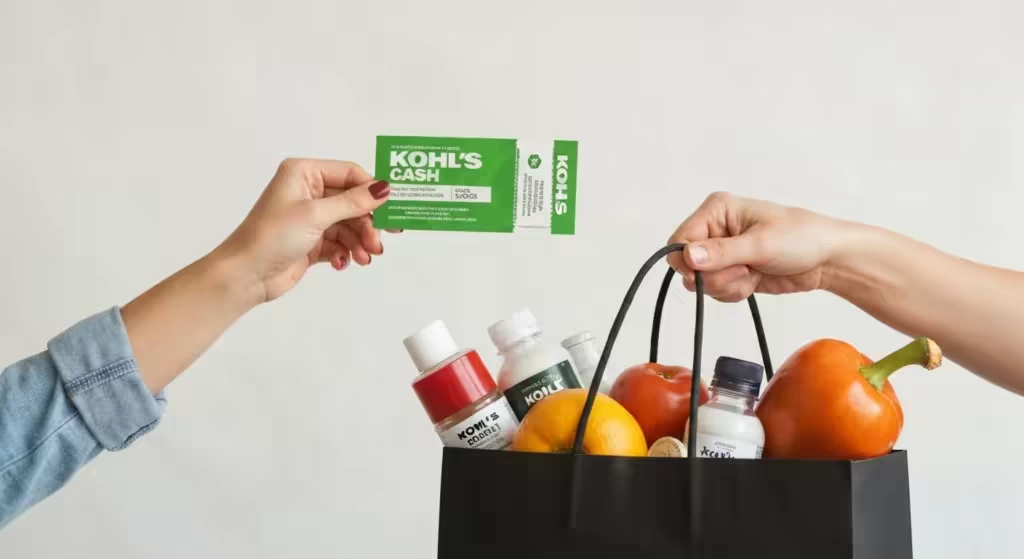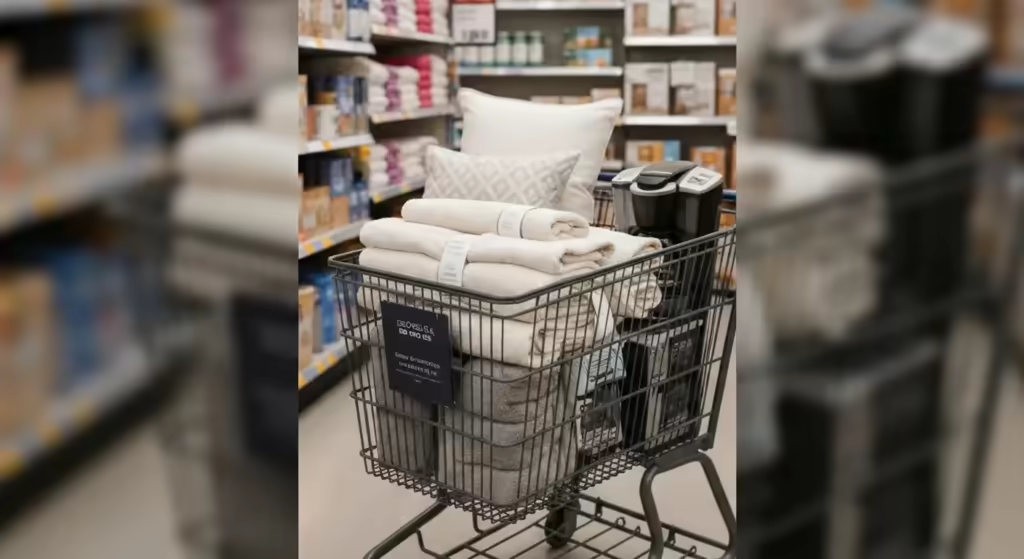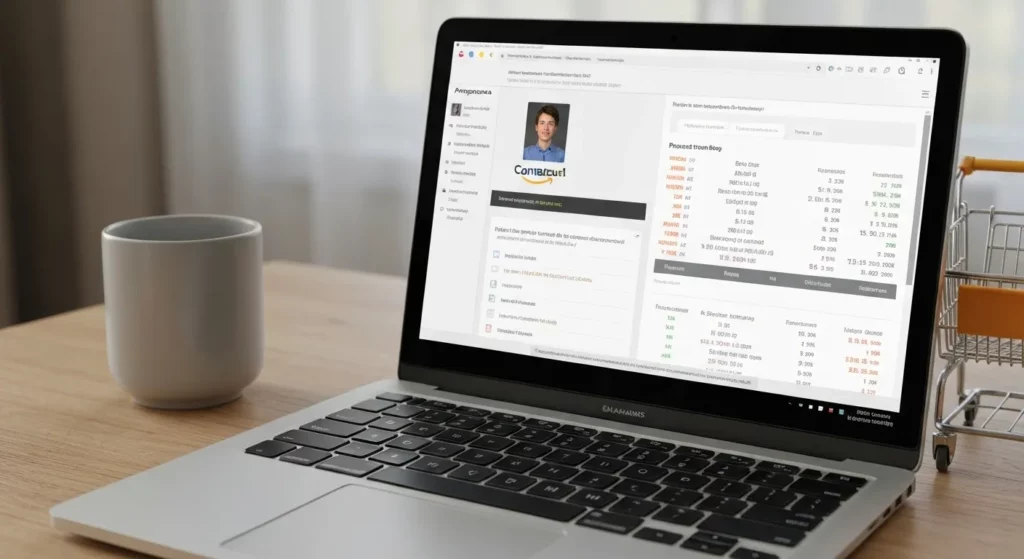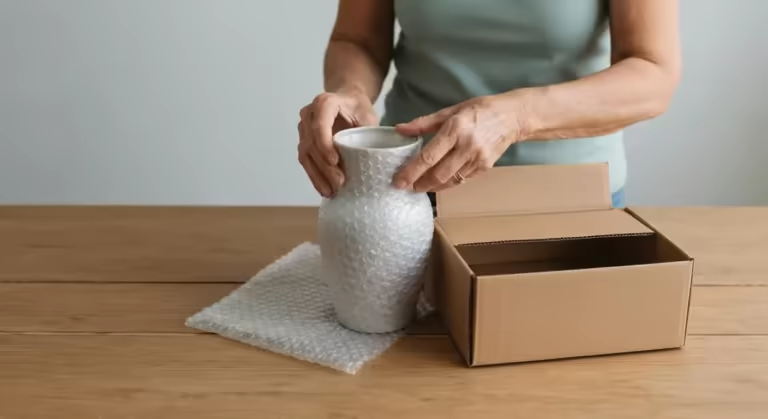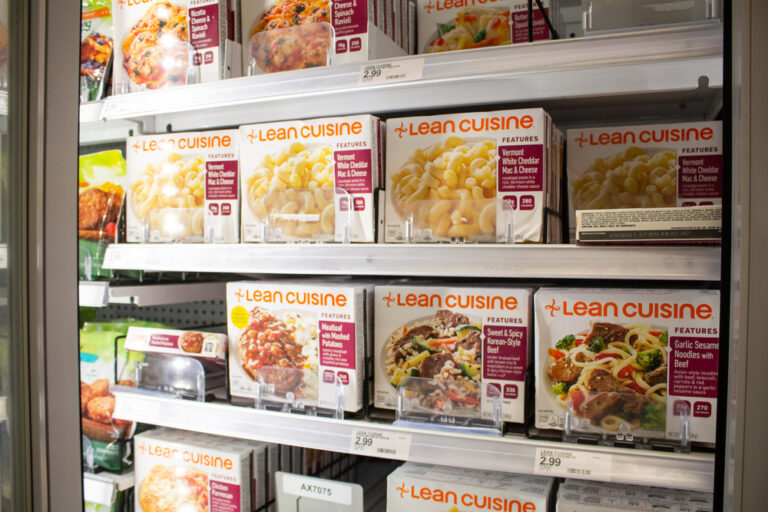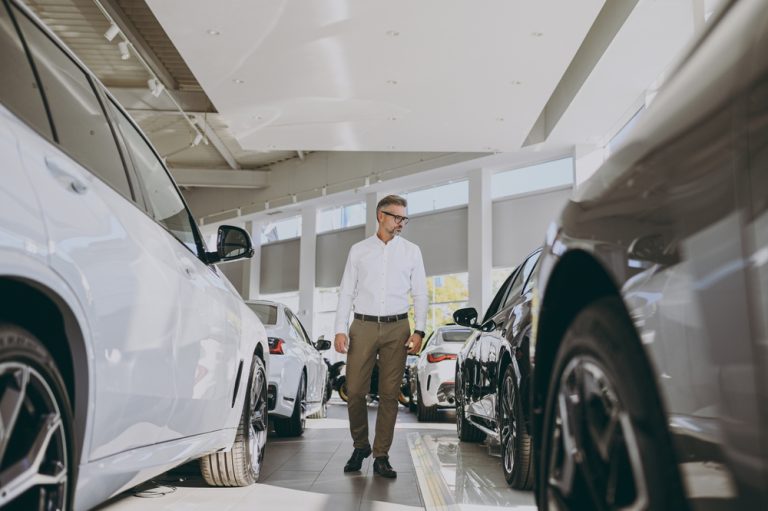Gas stations often have a wide variety of everyday items, strategically placed to catch your eye as you pay for fuel. You’ll find everything from auto supplies and basic food supplies to lottery tickets, generic medications, sunglasses, and other accessories. While you may be tempted to pick up some of these products for the sheer convenience of it whenever you stop for gas, the reality is that many of them are either significantly overpriced or of a much lower quality than what you would get elsewhere. This “convenience tax” is a core part of their business model, relying on impulse buys from customers in a hurry.
According to the latest data, Americans spend billions of dollars at gas station convenience stores each year, often without a second thought. This spending pattern shows just how powerful the pull of convenience can be. However, unless you desperately need a specific product right at that moment and don’t have the time to buy it somewhere else, getting it from a gas station isn’t the most financially sound decision. A few moments of planning before you leave the house can save you a surprising amount of money over time.
To help you become a more savvy shopper, here are 10 items you should almost always skip when hitting the local gas station!

1. Bottled beverages
When picking up a bottled soda, juice, or water, the product’s intrinsic quality may not be a problem, but the price you pay for it definitely is. Many bottled beverages are priced at a premium at the gas station, often costing 50% to 100% more, especially when compared to what you’d get if you bought them in a multi-pack at a large grocery store like Safeway, Harris Teeter, or Walmart. A single 20-ounce soda that costs over $2.50 at a gas station might cost less than a dollar per bottle when purchased in a case.
According to personal finance experts, many gas stations operate a convenience store, with a heavy emphasis on the word “convenience”. Essentially, you are paying a hefty premium for the ability to grab something quickly without a separate trip. Usually, gas stations mark up the price on these high-volume items significantly compared to grocery stores and supermarkets, as they are a primary driver of their in-store profits. So with that expectation in mind, choose wisely and consider if the immediacy is worth the extra cost.
Experts also strongly recommend skipping the overpriced bottled water at gas stations. It’s one of the most common impulse buys with the highest markups. Sometimes, you can end up paying double or even triple the price for it compared to a grocery store. You can save a significant amount of money by simply carrying your own reusable bottle (which is also the best option for the environment) and filling it up at a water fountain or from the tap at home before you leave. Planning ahead is your best defense against these convenience costs.
2. Perishable foods
In a gas station, you can usually find a basic selection of non-perishable food products, such as boxed goods like crackers, canned items, and different sauces. That’s not to mention the incredibly wide and tempting range of pre-packaged snacks you can buy while you’re there, from chips to candy bars.
But when it comes to perishable foods, gas stations aren’t typically known for their affordability or, more importantly, their quality and safety. This concern also applies to larger, more modern gas stations like Sheetz or Wawa, which may feature a full-service kitchen in the back. While they have more robust food preparation systems, the primary business is still fuel, and food safety standards may not be as rigorously enforced as in a dedicated restaurant.
According to food safety experts, there are a few specific items that you should almost always avoid buying at a gas station. First on that list would be the so-called fresh food goods from the refrigerated case, such as pre-made sushi, sandwiches, or wraps, which may not be as safe or fresh as you’d hope. Items like hot dogs that have been sitting on rollers for an indeterminate amount of time are also a risky choice. No matter how glazed and appealing they seem, it’s best to skip them and keep your money and your stomach safe.
In 2016, an investigation by a food safety inspector concluded that many gas station convenience stores didn’t store food at the proper temperatures, creating a significant health risk. Any perishable goods, especially those containing meat, dairy, or mayonnaise, that are stored at temperatures above 39°F (4°C) become dangerous breeding grounds for viruses and bacteria like Listeria and E. coli.
If you find yourself in a situation where you absolutely have to pick up any perishable foods at a gas station, take a moment to check the fridge’s thermometer and make sure it reads below 39°F. Also, as a great general tip for any refrigerated case, choose the products located at the back, closest to the cooling element, as they are likely to be the coldest and freshest.
3. Fruits and vegetables
In an effort to appear healthier, some gas stations now stock their shelves with basic fresh fruits like apples, oranges, or bananas. They may also sell small, pre-packaged containers of cut vegetables like baby carrots. But while some of this produce may seem fresh at a glance, it’s usually not a good purchase, both in terms of quality and price.
For this reason, fresh produce is another category of items you should avoid picking up at a gas station. These establishments simply don’t have the same high inventory turnover as dedicated supermarkets, so the fruits and vegetables might not be as fresh as you would want them to be. That shiny red apple might have been sitting on that shelf for over a week, losing its crispness and nutritional value, and the banana may be deceptively brown just beneath the peel.
4. Dairy items
Dairy is another category of products you should generally avoid buying at the gas stations. This is due to a combination of two major factors: not only are prices often significantly higher than at a grocery store, but the quality and safety are also questionable due to storage concerns.
If you really want to buy a single-serving yogurt, a cheese snack, or a small carton of milk, expect to pay a premium for it—far more than you’d pay per unit at a proper grocery store. Also, just as with other refrigerated items, you must make sure you check the expiration date on the package very carefully. Since dairy turns over more slowly here, you’re more likely to find products that are close to, or even past, their “best by” date.
Keep reading to see other items you should avoid purchasing at a gas station!

5. Soda fountain drinks
The self-serve soft drinks you can find at gas stations may be more reasonably priced compared to their bottled counterparts, often offered in large sizes for a low price. However, the quality of these drinks can vary greatly depending on which beverage you choose and the maintenance standards of the gas station itself.
In many cases, drinks you could get from the soda fountain are disappointingly flat or noticeably watered down—definitely not what you’re looking for when you want something fresh, sweet, and carbonated. More concerning, however, is the potential for poor hygiene. The nozzles of these machines are a prime spot for mold and bacteria to grow if they aren’t cleaned thoroughly and frequently, which is a gamble in any establishment. It’s often better to stick with a sealed can or bottle if you need a soda fix.
6. Headphones
Headphones and other small electronics sold at gas stations deserve a special mention because they often have incredibly questionable quality. These are typically generic, unbranded products. Even if you find a pair that seems expensive, the higher price tag doesn’t reflect the quality you’d expect to get for that money; it only reflects the convenience markup.
Vova Even, a shopping expert, consumer trends analyst, and founder of Vova Even, told us she once was on a road trip across the country and made a stop at a gas station, where she bought a pair of headphones out of sheer curiosity to test their value. The components used are the cheapest available, with thin wires that are prone to breaking and poor soldering that can fail with the slightest tug.
Her conclusion? It was a big mistake and a complete waste of money! Not only did the headphones give out and stop working within a few hours of use, but they were also three times the price of what a similar, or even better, pair would cost in specialized electronics stores or online. You’re paying a premium for a product that is practically designed to be disposable.
This being said, don’t waste your money on headphones bought from gas stations. If you forgot yours and need a new pair for a trip, you’re better off waiting until you can get to a proper store. If you are planning ahead, here are some great options from Amazon that offer superior quality and value.
7. Electronics
Electronics are another hit-and-miss product category at the gas station—especially when it comes to both quality and safety. It’s one thing to buy an extra phone charger in a pinch if you forget yours at home and you’re on a long trip. It’s another thing entirely to rely on a gas station to grab several tech accessories or make it your go-to spot for such items.
According to shopping experts, cheap cables, chargers, and batteries are a big no when it comes to purchasing them at gas stations. These items are already expensive to begin with. Gas stations sell them at an even higher price because they know that the chances of a customer’s urgency are high. A much better option would be to buy them at a local big-box store or an electronics retailer, even if it’s an emergency purchase. Furthermore, a poorly made, uncertified charger can be dangerous, potentially damaging your phone’s battery over time or, in worst-case scenarios, posing a fire risk.
Similar to headphones, other tech accessories like power banks or car USB adapters are of a much lower quality compared to what you’d get online or at dedicated tech stores. They rarely hold the advertised charge and often fail quickly, leaving you in the same predicament as before, but with less money in your wallet.
8. Skincare or beauty products
Many skincare and beauty products you might find on a gas station shelf, like sunscreen or lip balm, aren’t properly stored or could even be close to or past their expiration date. This makes them another purchase you should almost always skip. The temperature fluctuations inside a gas station, especially for items sitting near a sunny window, can degrade active ingredients, rendering a product like sunscreen completely ineffective when you need it most.
Plus, you never truly know when some other customer might have already opened up one of these items to “test” it—to smell a lotion or check a lipstick color—but then placed it back on the shelf. Just thinking that someone stuck their dirty fingers in a jar of cream is enough of a compelling reason to convince you to avoid these things. The risk of bacterial contamination is very real. That’s why it’s always better to buy sealed products from a pharmacy or a dedicated beauty store.
Not to mention that the price of these products has always skyrocketed in such locations. Some basic personal care items may be okay to purchase in an emergency, depending on where you go. Things like a travel-sized deodorant, hand sanitizer, or toothpaste can be useful if you happen to run out at home or on the road, but always check that the safety seal is intact.

9. Over-the-counter medications
Chances are, you’ve been there before. You’re on a long road trip, and suddenly you feel a terrible headache coming on, or your seasonal allergies start acting up unexpectedly. Since the only place nearby is a gas station, you make a quick stop there because you know you can find some basic medications in small packets to pick up. The price is also outrageous; a two-pill packet of a pain reliever can cost as much as a 20-count bottle at a pharmacy.
This makes sense if it’s a true emergency and you have no other option. Otherwise, it’s far better to wait until you find a pharmacy or grocery store to purchase even basic medicine. Similar to skincare and beauty products, these medications may not be stored properly and could have expired. Expired medications are known to be less effective, but some of them can even break down and become potentially harmful. The best defense is to keep a small first-aid kit in your car with essentials like pain relievers, bandages, and allergy pills.
10. Car supplies
Certain basic auto parts and fluids may seem like a convenient purchase, especially if you need something new for your car and you’re in a rush. But be careful, though, as the prices can still be significantly higher than what you’d find at a specialized auto parts store, and the selection will be extremely limited, increasing the risk of you buying the wrong product for your specific vehicle.
Shopping experts strongly recommend skipping most car maintenance supplies such as antifreeze, motor oil, or windshield wiper fluid. While they may seem convenient to pick up while filling up your tank with gas, it’s always better to buy these crucial products from trusted auto parts stores or have your vehicle serviced by a professional. Using the wrong type of oil or coolant can cause expensive damage to your engine. The gallon of wiper fluid will also be far more expensive than buying it at a big-box or auto parts store.
On the other hand, you could potentially buy some basic accessories like air fresheners, simple tire pressure gauges, or maybe even a set of windshield wipers if you’re in a real bind. Just be aware that these will likely be generic, lower-quality versions that may not fit perfectly or last as long as OEM or premium aftermarket brands. Your best bet is to plan ahead and buy these items from a reputable source.





